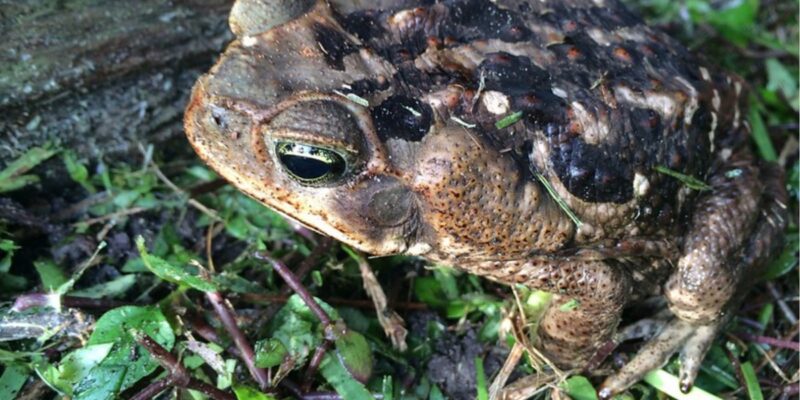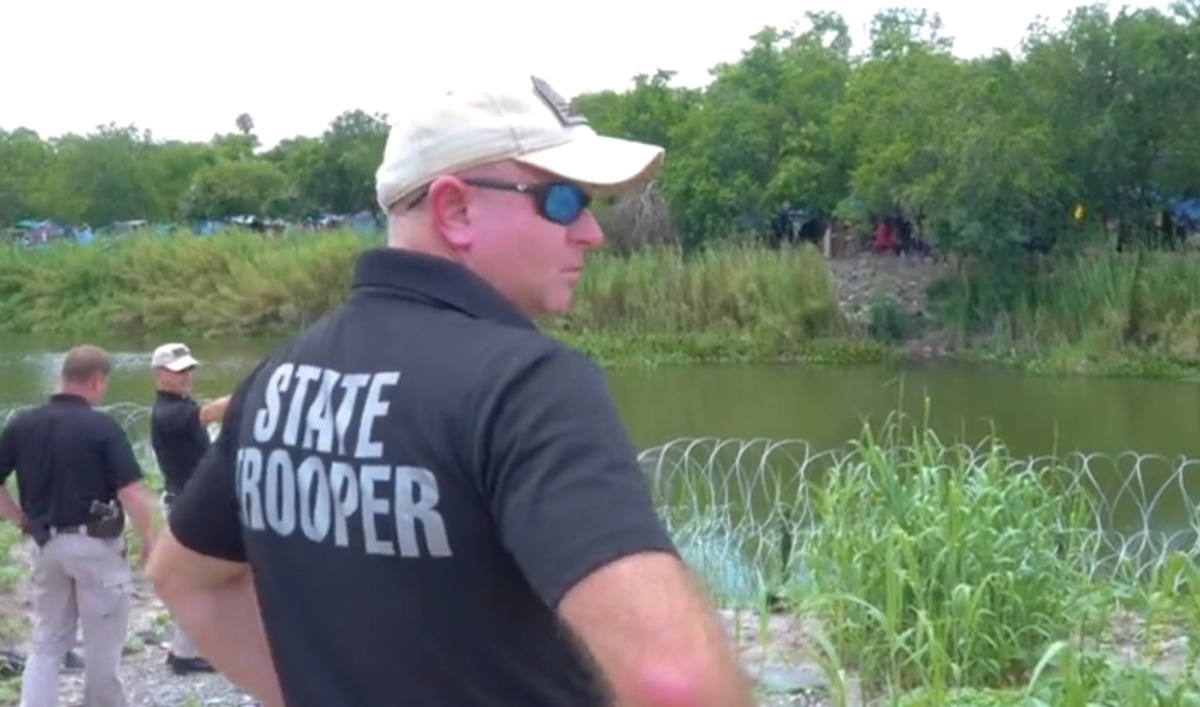If you live in Florida, you might notice certain toads hopping around at night in your backyard this summer. But these aren't your friendly amphibian, or one you might see at the local pet store.
These toads are quite dangerous, especially to pets.
The cane toad is an invasive toad found in Central and South Florida. The toad is native to South America up to around southern Texas.
An invasive species, such as the well-known Burmese python, is an animal that does not belong in its environment. Other invasive Florida species include the Argentine black and white tegu.
Some Burmese pythons can grow up to 20 feet and weigh over 200 pounds. Cane toads are generally four to six inches long and weigh two to three pounds.
But both, despite their size difference, can be equally dangerous.
That's because the cane toad is poisonous to most animals, including domestic pets, that try to bite or consume them. According to the Florida Fish and Wildlife Conservation Commission (FWC), the toad's skin gland secretes a milky-white toxin called bufotoxin.
The toxin can kill a dog or cat in as little as 15 minutes. It can also irritate the skin or burn the eyes of people who try to grab it.
"The best way to protect pets is to reduce the opportunity for them to come into contact with a cane toad. Keep an eye on pets when they are outside, especially at night when cane toads are most active," the FWC said.
The FWC also offered these tips to protect your pets from them.
- Cut your grass frequently and keep it short
- Fill in any holes around structures
- Trim the underside of shrubs and remove branches from the ground
- Clear away brush piles and remove clutter
- Feed pets indoors when possible, and bring outdoor pet food and water bowls indoors at night
- Clean up any food scraps from pet bowls or outside tables and grills
The cane toad is not protected in Florida, so homeowners can remove and humanely kill them on private property year-round. Owners who need assistance removing the toad can also hire a wildlife trapper.
Story photo credit: Florida Fish and Wildlife Conservation Commission











